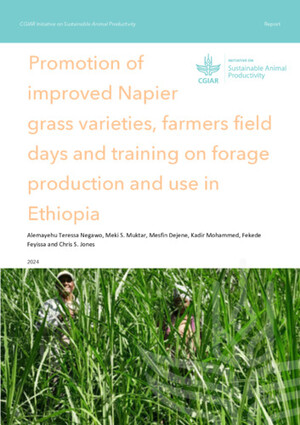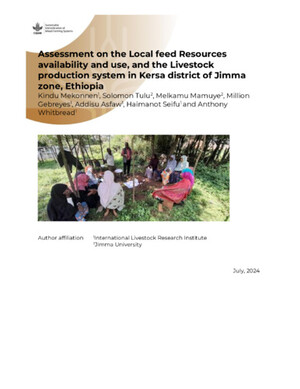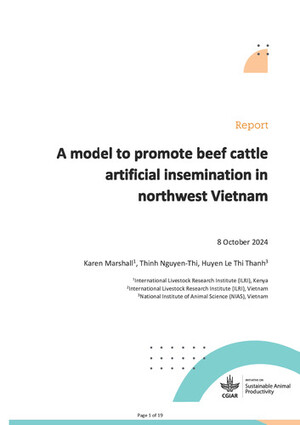
Using household survey data to identify large-scale food security patterns across Uganda
Abstract
To target food security interventions for smallholder households, decision makers need large-scale information, such as maps on poverty, food security and key livelihood activities. Such information is often based on expert knowledge or aggregated data, despite the fact that food security and poverty are driven largely by processes at the household level. At present, it is unclear if and how household level information can contribute to the spatial prediction of such welfare indicators or to what extent local variability is ignored by current mapping efforts. A combination of geo-referenced household level information with spatially continuous information is an underused approach to quantify local and large-scale variation, while it can provide a direct estimate of the variability of welfare indicators at the most relevant scale. We applied a stepwise regression kriging procedure to translate point information to spatially explicit patterns and create country-wide predictions with associated uncertainty estimates for indicators on food availability and related livelihood activities using household survey data from Uganda. With few exceptions, predictions of the indicators were weak, highlighting the difficulty in capturing variability at larger scale. Household explanatory variables identified little additional variation compared to environmental explanatory variables alone. Spatial predictability was strongest for indicators whose distribution was determined by environmental gradients. In contrast, indicators of crops that were more ubiquitously present across agroecological zones showed large local variation, which often overruled large-scale patterns.
Our procedure adds to existing approaches that often only show large-scale patterns by revealing that local variation in welfare is large. Interventions that aim to target the poor must recognise that diversity in livelihood activities for income generation within any given area often overrides the variability of livelihood activities between distant regions in the country.
Citation
Wichern, J., Heerwaarden, J. Van, Bruin, S. De, Descheemaeker, K., Asten, P.J.A. Van, Giller, K.E. and Wijk, M.T. Van. 2018. Using household survey data to identify large-scale food security patterns across Uganda. PLoS ONE 13(12): e0208714










